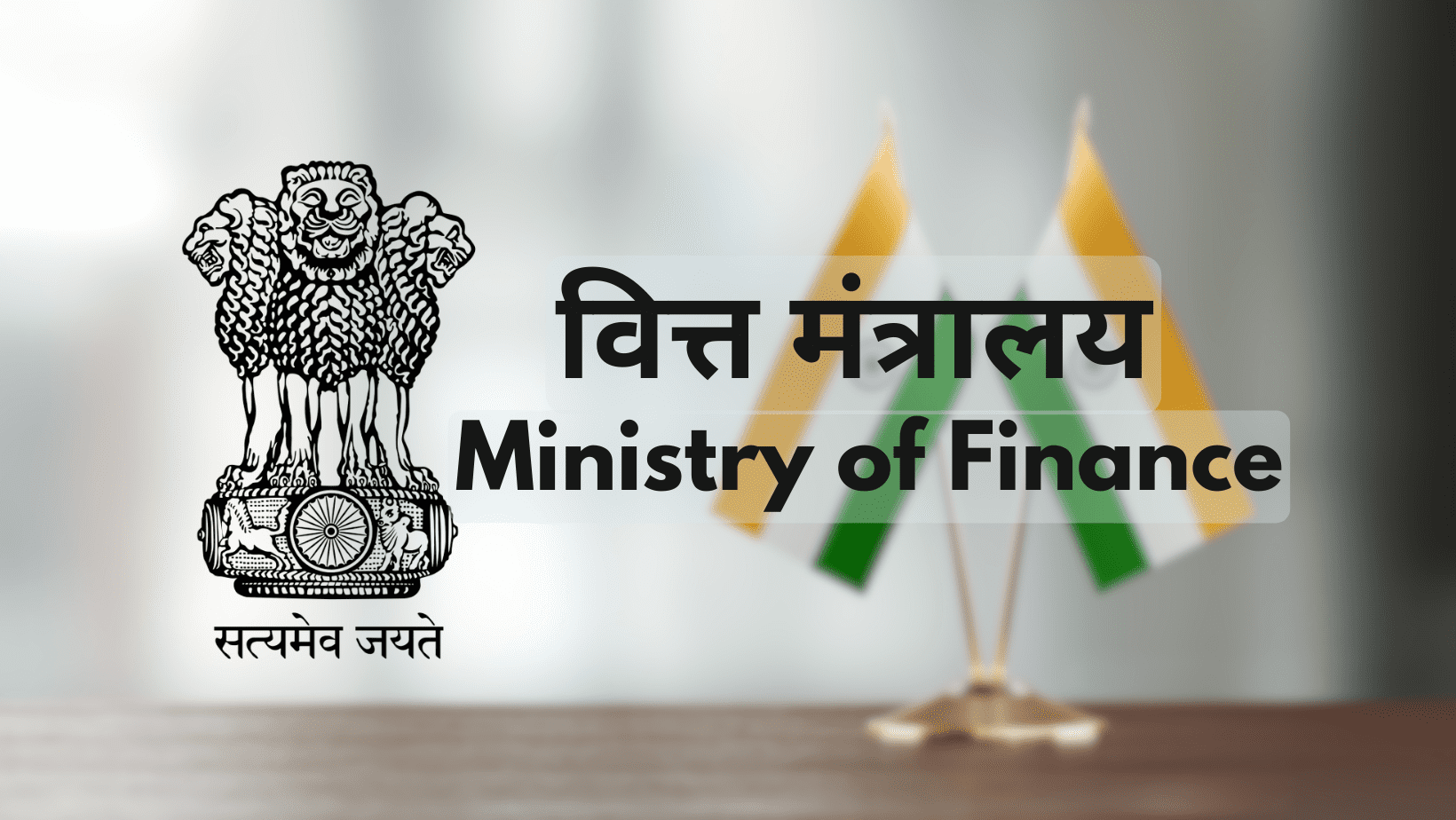In a sweeping operation carried out across several Indian states, the Income Tax Department has begun a detailed crackdown on individuals and professional intermediaries suspected of manipulating Income Tax Return filings to claim fake refunds. This initiative, launched on July 14, is one of the most aggressive verification drives undertaken in recent years and comes after alarming evidence of systemic abuse of tax deduction provisions was unearthed through advanced technological analysis.

Officials confirmed that investigations so far have exposed elaborate networks of ITR preparers and agents who colluded with salaried individuals and others to fraudulently claim benefits under various sections of the Income-tax Act, 1961. Some of these agents went as far as filing entirely fictitious deduction claims, submitting fake TDS returns, and inflating income details with the sole objective of triggering inflated refunds that do not align with actual financial behavior.
To carry out this large-scale investigation, the department employed advanced artificial intelligence systems, third-party data sources, behavioral pattern analysis, and intelligence operations. These technologies helped identify irregular refund patterns, unusual deduction spikes, and inconsistencies in individual filings. This verification campaign spans across states like Maharashtra, Tamil Nadu, Delhi, Punjab, Gujarat, and Karnataka, where several raids have already produced material evidence of malpractice.

The scope of the misuse is vast. Tax authorities found that individuals employed in multinational corporations, public sector undertakings, and even government institutions were submitting returns with inflated deduction claims under sections like 10(14), 80GG, 80D, 80G, 80EE, and 80GGA. Some even went a step further by intentionally mismatching deduction claims and income figures, later withdrawing or correcting them after refunds were processed, hoping to escape detection.
The Ministry of Finance emphasized that such acts result in major losses to government revenue and impose an unfair burden on honest taxpayers. Moreover, they cause delays in the issuance of genuine refunds to rightful claimants. With the trust-based approach to taxation being a key principle, the Central Board of Direct Taxes reiterated its commitment to safeguarding taxpayer confidence while ensuring stringent action against those who abuse the system.

As part of the enforcement effort, refunds for questionable ITRs have been withheld, and penalty as well as prosecution procedures have been initiated in several of the identified cases. The department also plans to widen the scope of the investigation to trace and dismantle these unethical tax filing networks. Taxpayers are being strongly advised to avoid relying on unauthorized intermediaries and to file accurate income details. The department warned that anyone found indulging in fraudulent practices would face legal consequences under prevailing tax laws.
This move signals a serious intent to clean up India's income tax filing process and ensure a fair system where benefits are reserved for those who genuinely qualify for them. The department’s ongoing use of AI-powered scrutiny and real-time cross-verification is expected to become the new standard in tackling white-collar tax evasion in the country.
For more updates on tax laws, money-saving tips, and financial awareness, follow You Finance on Instagram and Facebook. Stay informed, stay ahead.















